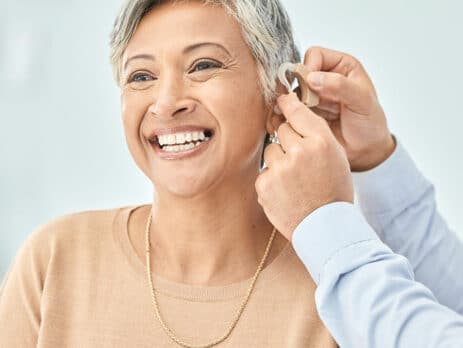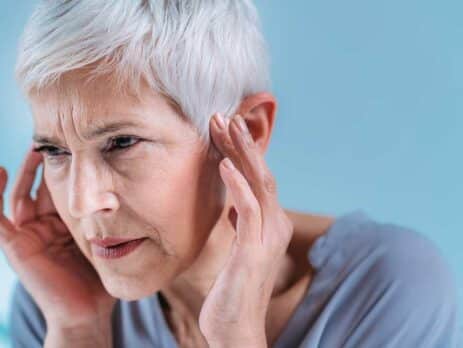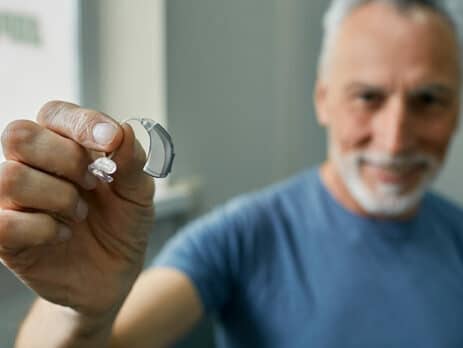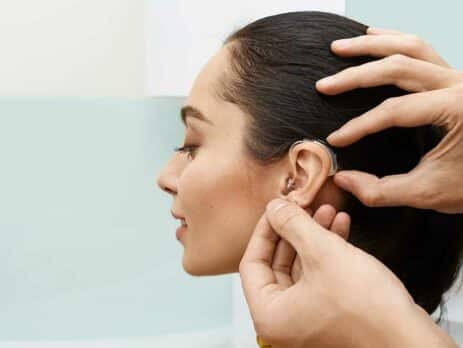Exploring Hearing Aids: Key Insights Before You Dive In
Living with hearing loss can significantly impact your daily life, making you feel disconnected during conversations, strained at social gatherings, and challenged by activities like watching TV that once brought joy. This can lead to feelings of exhaustion, anxiety, and...










